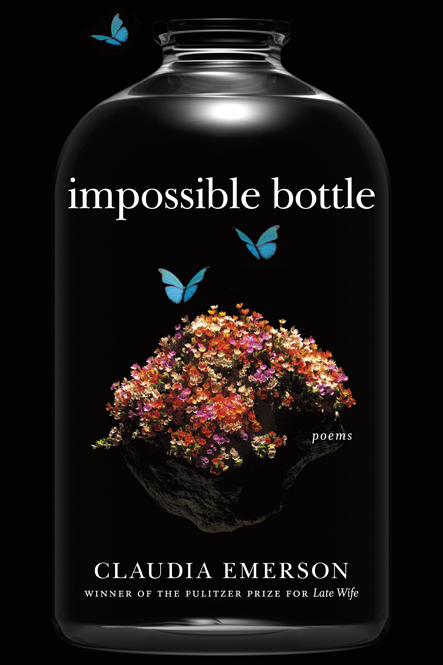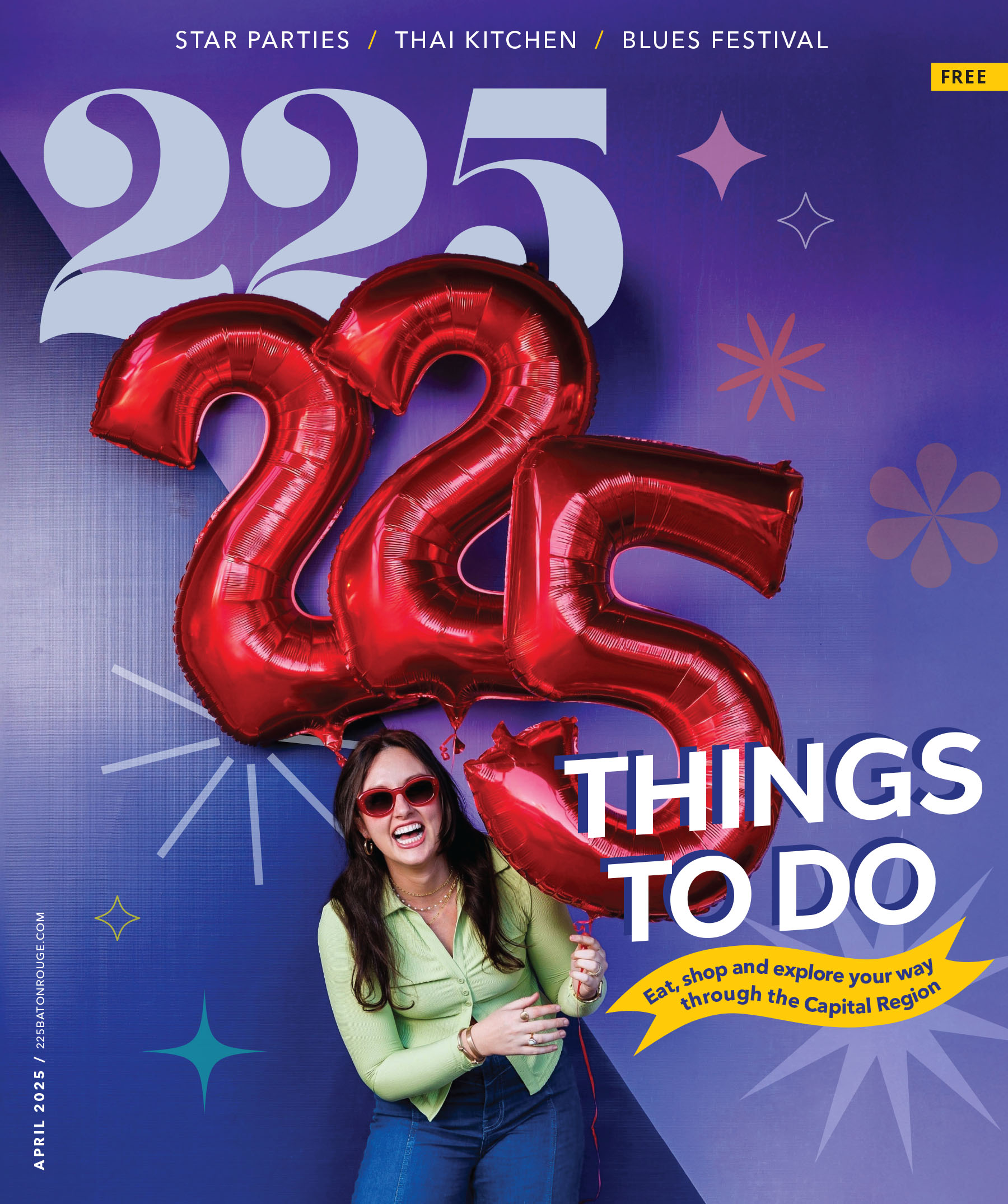Fun fact (and full disclosure), this 225 writer once wrote poetry and worked as an intern for Ava Leavell Haymon, our Louisiana poet laureate Emerita. It’s been a few years since those days, so it was a real joy to catch up with Haymon as she finished her official duties as poet laureate.
Haymon was instrumental in my own education as a young writer, so I knew she would be an extraordinary mentor to the young poets of Louisiana during her 2013-2015 tenure (a new poet laureate is selected every two years).
“I found good poets all over the state,” she says. “There is an amazing groundswell of spoken word poetry, much more than I realized. Written word poetry is burgeoning, too, especially among young people. There’s a certain hunger for self-expression that can only be fed through poetry writing, and in our era, that hunger seems to be growing.”
Haymon tends, like many writers, toward meditation and introspection, and her activities as state poet laureate couldn’t help but pull her out of her structured, private life. But how did the experience affect her own writing?
“I was glad to throw myself into this work for two years, I felt valuable in the way a solitary, nerdy poet like myself has almost never felt, but to do this, I did give up my ‘introvert’ self for a while,” she says. “There is a lot of work I need to do to catch back up with my regular life—house, yard, granddaughters, editing projects that are long overdue, even spending time with my friends and my long-suffering husband—yet, backgrounding all of that, I’m in a pleasant state of not knowing what I’ll write next. I’m doing what I do to prime the unconscious, which is spending time alone, waking early and meditating/journaling, reading poems and non-fiction.”
In her own words
Haymon recounts some highlights from her run as Louisiana poet laureate:
• My first formal appearance was in Patterson, Louisiana. I’d never heard of Patterson. Now, however, I know it’s a very solid place with a long fascinating history … that it is a part of a lively and sophisticated spoken word community. That was exhilarating, and it was also humbling. Fortunate, too, that it was my very first event, because it taught me to appreciate this adventure I had undertaken and to realize that I’d need to let go many assumptions and simply open my eyes and ears.
• Somewhere along in the first year, the jazz composer and guitar player Steve Masakowski called me and asked if he could compose some music using poems of mine as text. From that developed one of the most gratifying collaborations of my life.
• The librarian at Angola called one day and said that some of the guys there had found a book of mine in their library and were very excited and passing it around. She was calling to see if I’d be willing to come to the prison and do a reading and workshop. There is a poetry group there. They showed me their poems, and there was time for some of them to read. They asked questions about one of my poems, better questions than I’ve fielded in universities anywhere.
• I came to appreciate the librarians in the rural libraries all over the state. These professionals work hard and long to provide education, culture and connections with more of the world to people living near their libraries—in some cases, the library has the only good Internet in the area. And the librarians line up programming—such as, for me, poetry writing workshops for children, for adults and youth, and poetry readings. In those settings, supported by the dedicated librarians, I felt that I was able to pass along the serious pleasures of poetry and the strenuous and healing value of poetry writing.
• I introduced our new poet laureate, Peter Cooley, a profound and accomplished poet. As delighted as I am with the choice of Dr. Cooley, I found as I was writing the introduction that I am rather sad my tenure is over. It was long enough, and I gave it all I’ve got, but it was the experience of a lifetime, and I won’t be the same again.
 New poetry reads:
New poetry reads:
Four of Haymon’s books of poetry, including her latest, Eldest Daughter, are published by LSU Press. Take a look at the six fall poetry titles from LSU Press:
• Claudia Emerson’s posthumous Impossible Bottle. Her Late Wife poetry collection won a Pulitzer Prize in 2006.
• Tara Bray’s Small Mothers of Fright
• Daniel Mark Epstein’s Dawn to Twilight: New and Selected Poems
• Floyd Skloot’s Approaching Winter
• David Huddle’s Dream Sender
• Brenda Marie Osbey’s All Souls: Essential Poems. She was the 2005-2007 Louisiana poet laureate emerita.








